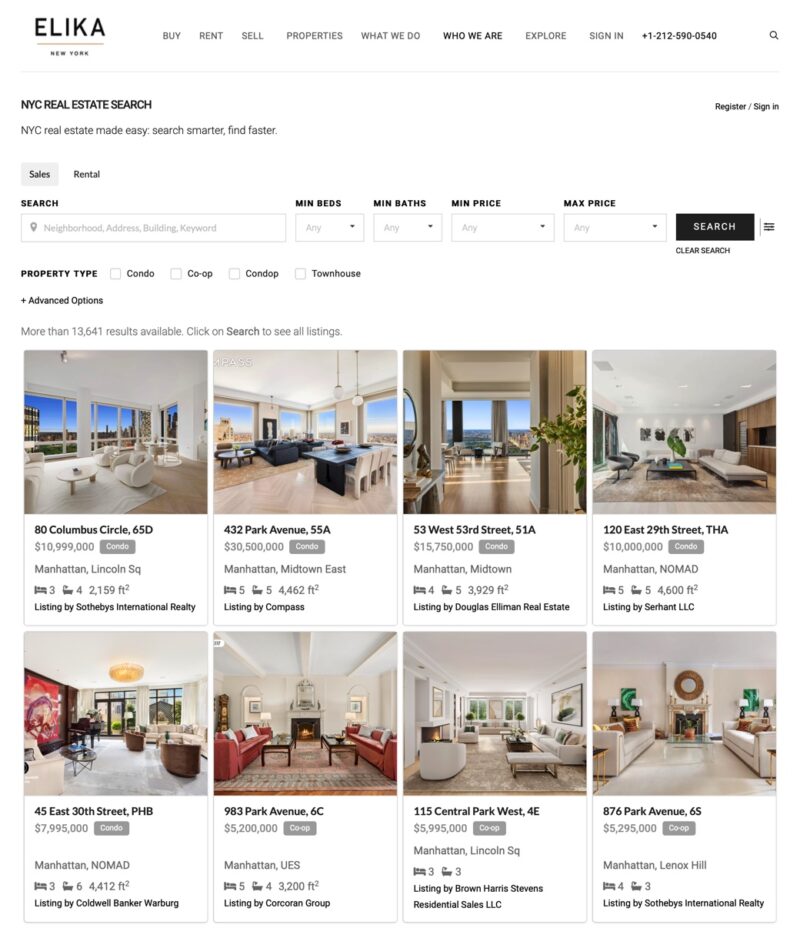Table of Contents Show
Various key metrics are used to evaluate an investment property’s financial performance in finance and real estate. One such metric is Net Operating Income. NOI is a fundamental concept that plays a crucial role in assessing the profitability and value of a property. This article will explore the meaning of Net Operating Income, its calculation, and why it is essential for investors and property owners.
Defining Net Operating Income (NOI)Defining Net Operating Income (NOI)
Net Operating Income (NOI) measures a property’s profitability before considering financing costs, such as mortgage payments and taxes. It represents the income generated by a property from its operations, excluding non-operating expenses and income. NOI indicates how well a property generates income from its core operations.
Calculation of Net Operating Income (NOI)Calculation of Net Operating Income (NOI)
To calculate NOI, subtract the property’s operating expenses from its gross operating income. Gross operating income includes all the revenue generated by the property, such as rental income, laundry income, parking income, and any other sources of income directly related to the property’s operations.
The formula for calculating Net Operating Income:The formula for calculating Net Operating Income:
NOI = Gross Operating Income – Operating ExpensesNOI = Gross Operating Income – Operating Expenses
Gross Operating IncomeGross Operating Income
Gross Operating Income represents the property’s total revenue, including rental and other operating income. It is important to note that only income derived from the property’s operations is considered in the calculation of Gross Operating Income.
Operating ExpensesOperating Expenses
Operating Expenses include all costs associated with operating the property, such as property taxes, insurance, maintenance and repairs, utilities, property management fees, and any other expenses directly related to the property’s operations.
Importance of Net Operating Income (NOI)Importance of Net Operating Income (NOI)
Net Operating Income is a crucial metric for several reasons:Net Operating Income is a crucial metric for several reasons:
Evaluating Property PerformanceEvaluating Property Performance
Net Operating Income gives investors a clear picture of a property’s financial performance. By analyzing NOI, investors can determine if the property generates enough income to cover operating expenses and generate a profit. Positive NOI indicates that a property is operating efficiently and profitably.
Property ValuationProperty Valuation
Net Operating Income plays a vital role in property valuation. It calculates the property’s capitalization rate (cap rate), the ratio of NOI to the property’s market value. The cap rate helps determine the property’s worth and is widely used in the real estate industry to compare investment opportunities.
Assessing Investment ReturnsAssessing Investment Returns
NOI allows investors to assess the potential returns on their investments. By comparing the NOI with the property’s purchase price or total investment, investors can calculate the property’s cash-on-cash return, which provides insights into the profitability of the investment.
Decision MakingDecision Making
NOI is critical in making informed property management, budgeting, and financial planning decisions. Property owners and managers can use NOI to analyze trends, identify areas for cost savings, and make strategic decisions to maximize profitability.
Factors Affecting Net Operating IncomeFactors Affecting Net Operating Income
Several factors can impact a property’s Net Operating Income:Several factors can impact a property’s Net Operating Income:
Rental IncomeRental Income
The rental income the property generates is a significant driver of NOI. Rental rates, occupancy levels, and lease terms influence the gross operating income.
Operating ExpensesOperating Expenses
Managing operating expenses is crucial for maintaining a healthy NOI. Property owners must carefully monitor and control costs related to maintenance, repairs, utilities, property taxes, insurance, and other operational expenses.
Market ConditionsMarket Conditions
Economic conditions, supply and demand dynamics, and market rental rates can influence a property’s rental income. Changes in market conditions can impact the property’s NOI positively or negatively.
Property Management EfficiencyProperty Management Efficiency
Effective property management practices can enhance NOI. Efficient management strategies such as minimizing vacancies, reducing maintenance costs, and optimizing rental rates contribute to higher NOI.
Example of how to calculate NOI (Net Operating Income):Example of how to calculate NOI (Net Operating Income):
- Gross Operating Income: This is the total income a property generates before any expenses are considered. It is calculated by taking the tenants’ rent and adding other income sources, such as parking fees or laundry facilities.
- Operating Expenses: These are the expenses incurred in a property’s day-to-day operation. They include things like property taxes, insurance, maintenance, and repairs.
- Net Operating Income: This is the amount of income a property generates after all expenses have been considered. It is calculated by taking the gross operating income and subtracting the operational costs.
For example, a property generates $100,000 in gross operating income and $50,000 in operational expenses. The NOI for this property would be $50,000.For example, a property generates $100,000 in gross operating income and $50,000 in operational expenses. The NOI for this property would be $50,000.
NOI is an important metric for investors to consider when evaluating a property. It measures the property’s profitability and can help investors determine how much they can afford to pay for a property.
Here are some additional things to keep in mind when calculating NOI:Here are some additional things to keep in mind when calculating NOI:
- Non-cash expenses: Some expenses, such as depreciation, are not cash expenses. They are expenses deducted from income for tax purposes, but they do not require any cash outlay.
- Capital expenditures: Capital expenditures are expenses incurred to improve a property. They are not included in NOI and are not considered recurring expenses.
Final ThoughtsFinal Thoughts
NOI is a vital financial metric used in the real estate industry to evaluate the profitability and value of an investment property. It provides insights into a property’s financial performance, helps assess investment returns, and plays a crucial role in property valuation. By understanding the meaning and calculation of Net Operating Income, investors and property owners can make informed decisions, optimize property performance, and maximize profitability.








